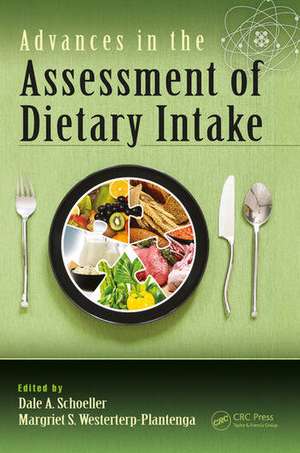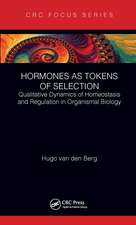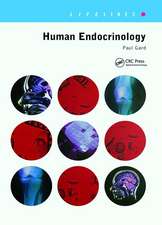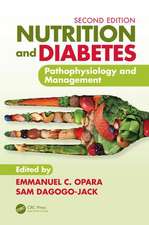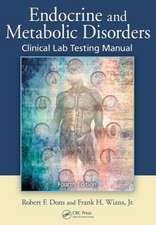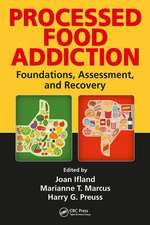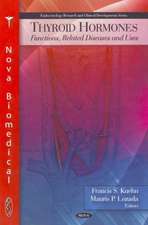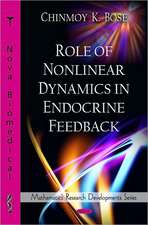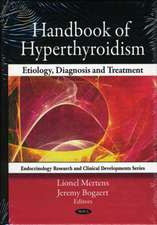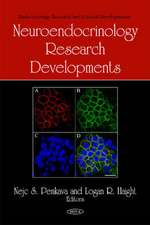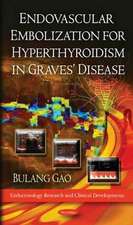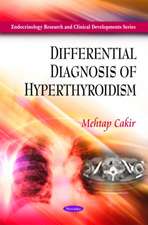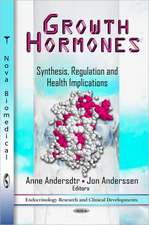Advances in the Assessment of Dietary Intake.
Editat de Dale A. Schoeller, M. Westerterpen Limba Engleză Hardback – 16 aug 2017
Chapters cover the benefits and limitations of traditional self-report tools; strategies for improving the validity of dietary recall and food recording methods; objective methods to assess food and nutrient intake; assessment of timing and meal patterns using glucose sensors; and physical activity patterns using validated accelerometers.
Advances in the Assessment of Dietary Intake describes new avenues to investigate the role of diet in human health and serves as the most up-to-date reference and teaching tool for these methods that will improve the accuracy of dietary assessment and lay the ground work for future studies.
Preț: 1288.10 lei
Preț vechi: 1570.85 lei
-18% Nou
Puncte Express: 1932
Preț estimativ în valută:
246.54€ • 256.41$ • 206.60£
246.54€ • 256.41$ • 206.60£
Carte tipărită la comandă
Livrare economică 14-28 martie
Preluare comenzi: 021 569.72.76
Specificații
ISBN-13: 9781498749329
ISBN-10: 1498749321
Pagini: 388
Ilustrații: 61
Dimensiuni: 178 x 254 x 29 mm
Greutate: 0.9 kg
Ediția:1
Editura: CRC Press
Colecția CRC Press
ISBN-10: 1498749321
Pagini: 388
Ilustrații: 61
Dimensiuni: 178 x 254 x 29 mm
Greutate: 0.9 kg
Ediția:1
Editura: CRC Press
Colecția CRC Press
Public țintă
Academic and Professional ReferenceCuprins
Current Human Research Questions being addressed through Laboratory and Free-Living Dietary Methods. Advantages and Limitations of Laboratory Methods. Advantages and Limitations of Traditional Free-Living Methods. Statistical Approaches to Adjust for Bias of Traditional Recall and Diary Methods. Computer Assisted Dietary Recall Methods. Dietary Energy Intake Models to Assess Energy Intake. Dietary Biomarkers. Isotopic Biomarkers. Photographic Diet Diaries. Chewing and Swallowing Sensors to Detect Eating Events. Compendium of Novel Electronic Monitoring Devices being Investigated to Assess Dietary Intake.
Descriere
Considerable evidence proves that self-reported dietary intake using written diaries or recalls are subject to bias resulting in poor accuracy. While dietary intake data are needed to drive many nutritional policies, the obesity epidemic has increased the need to assess diet with absolute accuracy.
